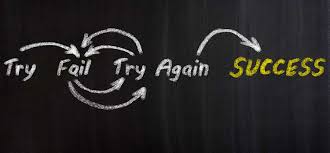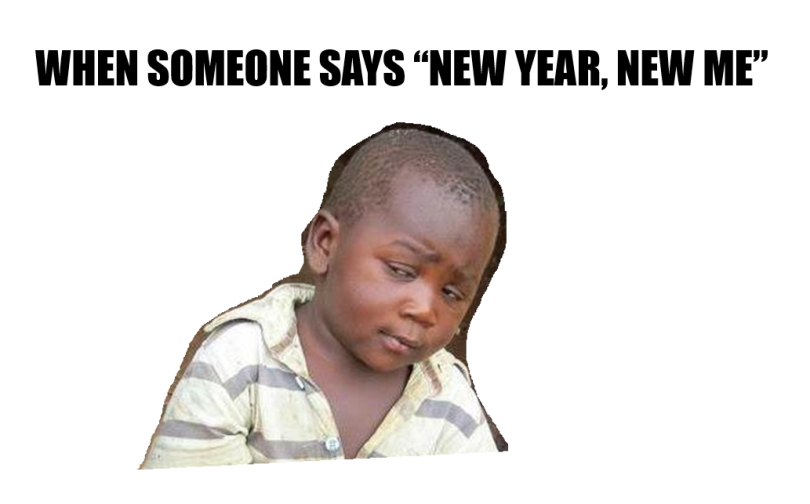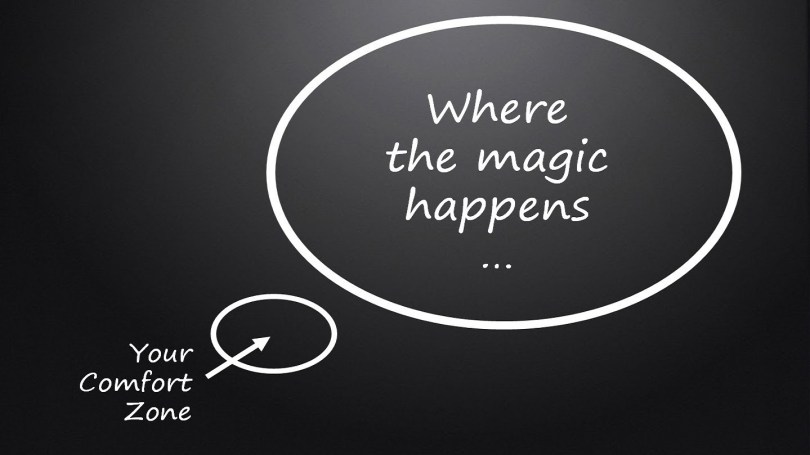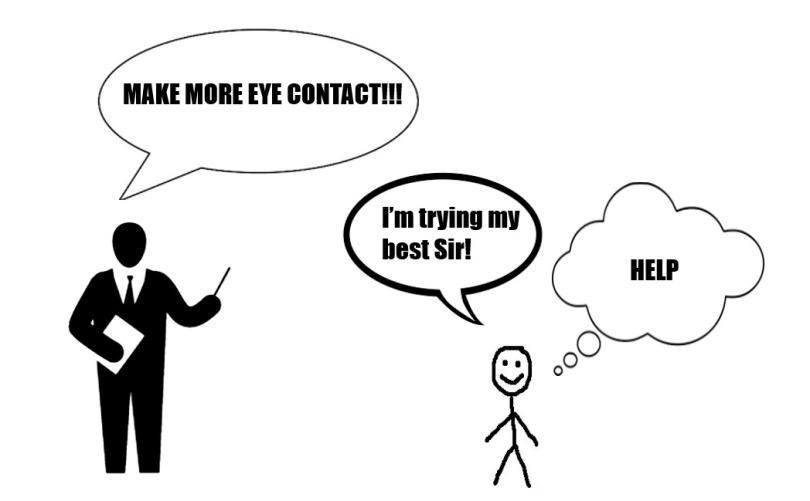“What comes to mind when you hear the word say “failure”?”
I often ask students this question, and beyond the standard answers of “it’s bad” and “get scolding”, you witness something fascinating – you can see their physiology change – they look down, close up, some wear an expression of fear.
This is a concern. Students have limitless potential, and time to nurture their gifts. Yet, if they carry this fear of failure, it cripples them; they become so cautious, so afraid to try, and it ultimately kills their potential.
What is the solution?
The fear of failure results from perspective – Failure is a neutral event, our interpretation causes the fear.
Hence, helping students to shift their perspective on failure is a good start. Here are 2 useful perspective shifts we can teach students (and adopt for ourselves)
- Failing at a specific task doesn’t equate to failing as a person.
Assume you fail to solve a rubrics cube VS failing a math test. Assume you put in equal effort. Which task is likely to affect you more? Probably the test. But Why?
Both events are neutral tasks, no different at all. Yet, the reason for differing reactions is the subjective value we attach to the task – we associate “bad” grades with being “inferior and “stupid”.
Interestingly, this perception is manufactured by society and culture. It is entirely false, yet we take it as truths. And for tasks of greater perceived “value”, we personalize failure– we make it personal, as if we failing at a task = failing as a person
Hence, we need to help students change this perception – To recognize that failure failing at a math test is no different from failing to solve a rubrics cube. In both cases, they didn’t fail as a person, it simply means, they lack the skills to perform the task, which leads to the next point:
- Failure is simply a feedback system, an opportunity for correction
Physical pain is our body’s feedback system. When we experience pain through a muscle strain, our body is giving feedback to eradicate that pain. If we ignore it, the body sends bigger ‘feedback’ (greater pain), till we are forced to take action.
Failure works exactly the same; it is life’s feedback system. When we fail, it could be feedback that:
- We haven’t acquired the skill set (both emotional or technical) to accomplish the task
Take the earlier example, failing at math could mean students lack knowledge/practice, or have poor study skills or lack discipline.
Similarly, if we constantly face similar “failures”, for e.g. people always late for your appointments or always being taken advantage of, it might be feedback that you’re too nice, or that you lack the self-image to call on others.
- Apart from lacking skill set, failing can be feedback that your value and gifts lie elsewhere. Failure could be directing you to your true genius.
Again, take the earlier example. Let’s assume a student practiced math hard, but still “failed” to do as well as others.
Then, it could mean their talent lies elsewhere. Recognize that, and teach them to identify and focus on their strengths instead. (Am not suggesting telling students to fail on purpose, but teach them not to get hung up on their weakness)
As Lee Kuan Yew once mentioned “Your job is to do the best with the cards you were dealt with…Don’t try to do something you’re not favoured by nature to do”.
J.K Rowling similarly said: “Failure is a stripping away of the inessential. I stopped pretending to myself that I was anything other than what I was, and began to direct all my energy into finishing the only work that mattered to me”.
As such, help students appreciate and learn HOW to take failure as feedback – coach them to take failure objectively, reflect, learn, make constant corrections, till they “succeed”. Ingrain in them the notion that “success” is simply a result of multiple failures, and failing to try guarantees failure.
Prefect Title
Ill conclude with a story: When I was a prefect in primary school, my title got stripped because I failed my Chinese. My Mum was furious and went to complain: “If his attitude is bad, I understand, but my son has tried his best. What message are you sending across? That he’s not worthy?”
And I got back my title.
Sometimes, we unknowingly stigmatize failure, and subtly condition kids to link failure in a task to failure as a person.
Yet the truth is, we WILL fail to succeed UNLESS we are willing to fail, in order to succeed.
So adopt these 3 perspective changes and share it with students struggling to face failure. It will go a long way in helping them fulfill their potential !




